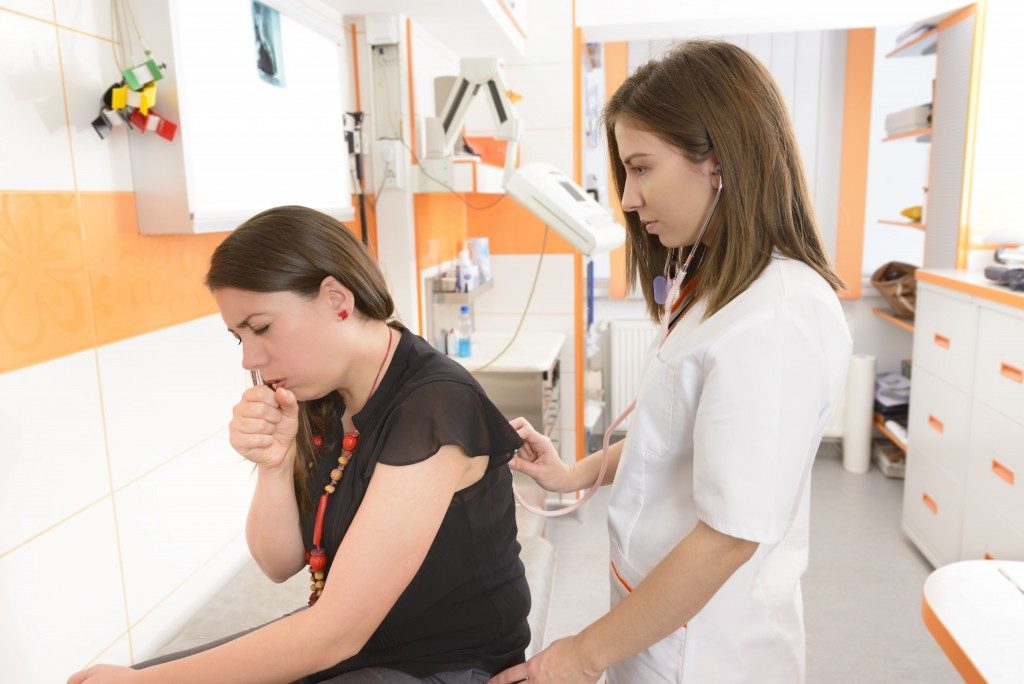Most of us know someone who suffers from chronic respiratory illness. An estimated 16 million adults have a chronic obstructive pulmonary disease (COPD), and millions more are afflicted without knowing it. For so many people, breathing can be a struggle – and yet our air quality is often taken for granted. We all can take small steps in our daily lives to help prevent or alleviate this suffering.
The US is ranked well outside of the world’s most polluted countries, yet COPD is one of the leading causes of death – and the second leading cause of disability – across the country. In New Hampshire, it is the third leading cause of death. Even in the quaint, clean capital city, Concord Hospital treats around 1,900 patients with COPD at a 30-day readmission rate of 23%. Wherever you go, your surroundings may look beautiful and well-maintained, but air is invisible.
A disease to manage
COPD is most often linked with smoking. Other lung irritants and existing conditions such as asthma can increase the risk factor. People with COPD have obstructed airflow and increasing shortage of breath. This limits their ability to exert physical effort, leading to a general lack of energy. They may also exhibit persistent coughs or wheezing. As the disease progresses, further complications may arise.
There is no cure yet for COPD. Therefore, treatment of the disease focuses on prevention and management. The fact that COPD cannot be cured and remains a disease to manage for life, as well as the difficulty patients will experience in maintaining an active, productive lifestyle, makes it a very costly disease in economic terms.
Quit smoking
 1 in 5 smokers suffers from COPD. Patients are advised to immediately quit all smoking activities, but that advice soundly applies to the general population. We all share the air we breathe and secondhand smoking increases the risk of nonsmokers developing COPD. Even if you don’t smoke, you can talk people you know who do have a smoking habit, out of it and into alternative practices – or at least encourage them to consult with their doctors. You can also be vigilant and vocal about reducing smoking in the workplace or other common areas.
1 in 5 smokers suffers from COPD. Patients are advised to immediately quit all smoking activities, but that advice soundly applies to the general population. We all share the air we breathe and secondhand smoking increases the risk of nonsmokers developing COPD. Even if you don’t smoke, you can talk people you know who do have a smoking habit, out of it and into alternative practices – or at least encourage them to consult with their doctors. You can also be vigilant and vocal about reducing smoking in the workplace or other common areas.
Indoor air quality
Most of us spend the bulk of our time indoors. Other lung irritants may be present in the air we breathe here, and we can take steps to avoid or reduce the risk they present. When was the last time you had scheduled air duct cleaning in your Concord, New Hampshire home? How about in the office? If you observe possible symptoms of COPD among co-workers or family members, remember that these may stem from the same exposure that you have every day. Raise your concern with building management for the workplace, and consider having a professional service your ventilation at home.
Community practices
Indoors or out, air will circulate and everyone should treat it as a responsibility to maintain clean air. The trouble with something we can’t see is that we take it for granted. You can play a part in raising awareness at the community level by engaging with owners and facility management of public spaces to discourage smoking. Waste disposal methods such as incineration can also spread pollutants through the air. Be active and raise your concerns and others will follow to help everyone breathe more safely.

